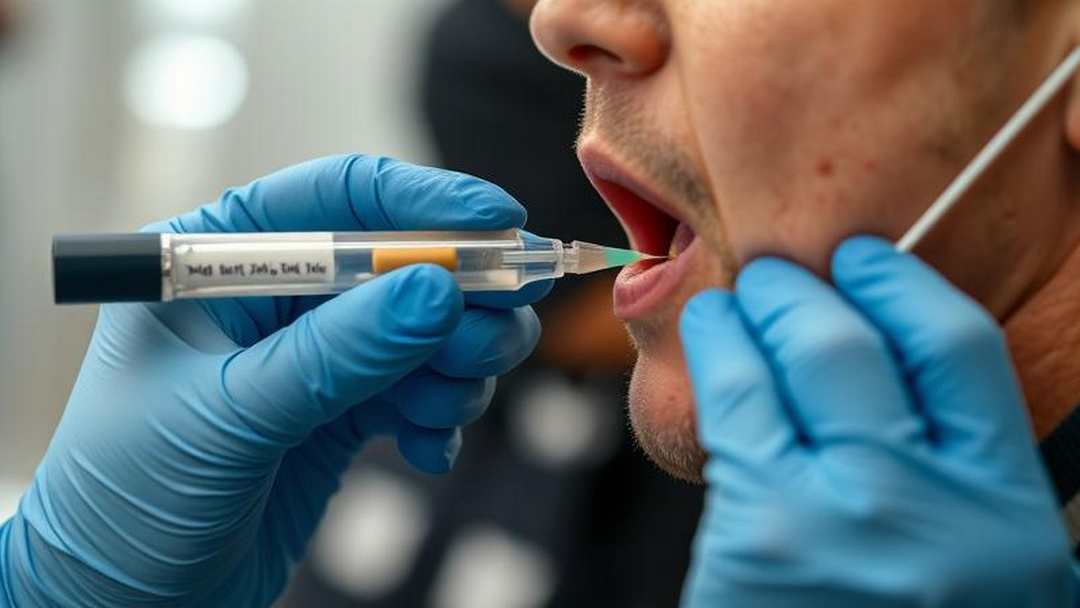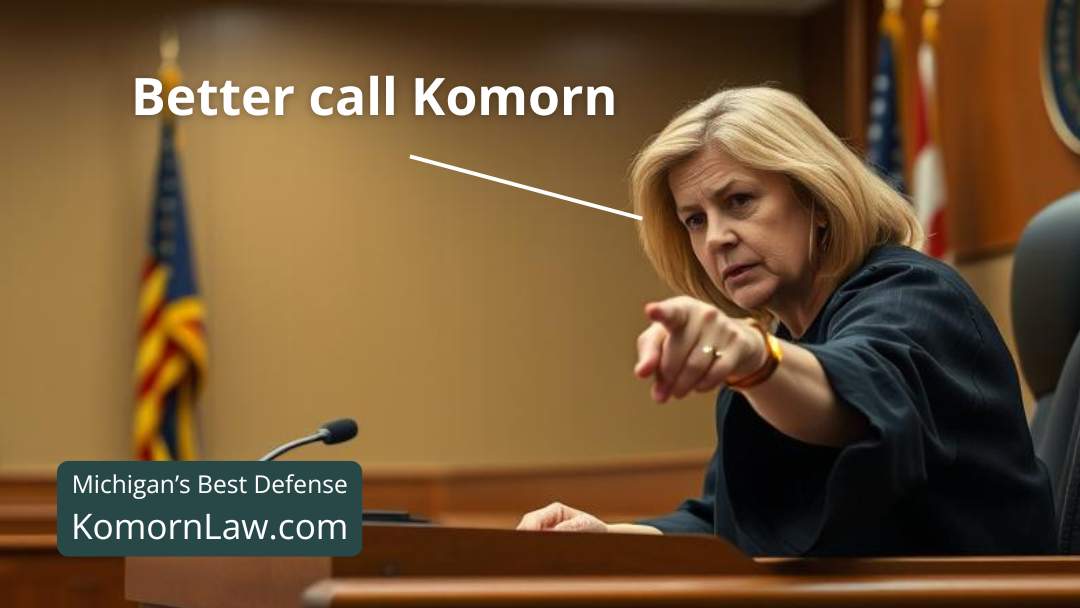Redefining Impairment: Beyond THC Levels in Roadside Testing
In recent developments that promise to reshape our understanding of cannabis use and road safety, a federal government report has cast significant doubt on the efficacy of using THC levels as a benchmark for driver impairment. This revelation comes at a crucial juncture in the evolving discourse around cannabis, challenging long-held assumptions and urging a reevaluation of legal and scientific standards.
The Federal Perspective on THC and Impairment
The crux of the debate centers on the assertion by a researcher from the Justice Department, which signals a pivotal shift in federal stance. The department acknowledges the discrepancies between THC levels in the bloodstream and the actual impairment of an individual, especially among regular cannabis users.
This admission underlines a growing consensus that the current metrics for evaluating cannabis impairment might not only be flawed but fundamentally misaligned with the realities of consumption and its effects on the human body.
Frances Scott, a DOJ physical scientist, highlighted in a recent podcast that research funded by the federal government conclusively shows that THC concentration is not well-correlated with impairment for driving.
This insight is supported by studies indicating that chronic and infrequent marijuana users metabolize THC differently, complicating the establishment of a universal impairment threshold based on THC concentration alone.
The Scientific Challenge of THC Impairment Testing
The scientific community has long grappled with the complexities of THC impairment testing. Unlike alcohol, where a .08 blood alcohol content level can serve as a clear marker for impairment, THC’s effects are not as straightforwardly quantifiable.
This complexity is reflected in studies such as those by Hound Labs (2022) and research by Sewell (2019), which explore alternative testing methods and question the correlation between THC blood levels and crash risk, respectively.
This divergence from a simple, numerical standard for impairment necessitates a broader exploration of impairment testing methods.
The Department of Justice, while continuing to research a marijuana breathalyzer, is also exploring alternatives like saliva swabs and assessments of eye functioning, aiming to devise a more accurate measure of impairment.
The Path Forward: Rethinking Impairment Measurement
The acknowledgment of the inadequacy of THC levels as an impairment standard necessitates a reevaluation of how impairment is measured, particularly in the context of driving.
The development of technology like the DRUID app, which assesses impairment through a variety of cognitive and motor tasks, represents a step towards creating more objective benchmarks for marijuana impairment.
However, widespread implementation and acceptance of such technologies in law enforcement practices remain in the nascent stages.
Legal and Social Implications
The evolving understanding of THC and impairment has profound legal and social implications. As the federal government and researchers work towards establishing a more nuanced approach to evaluating impairment, there’s a pressing need for legal frameworks that reflect these complexities.
The push for an objective standard for marijuana impairment, as seen in recent legislative efforts, underscores the urgency of this issue.
Furthermore, this shift towards a more evidence-based approach to impairment testing holds the promise of creating a more just and equitable legal system.
By moving away from a one-size-fits-all standard based on THC levels, there’s potential to mitigate the risk of unjustly penalizing individuals, particularly those who use cannabis for medical purposes, based on an arbitrary metric.
Federal Government’s Admission
The federal government’s admission that THC levels do not reliably indicate impairment marks a significant step forward in our understanding of cannabis and its effects on driving safety.
This acknowledgment not only challenges existing paradigms but also opens the door to a more informed and nuanced approach to road safety and law enforcement.
As research continues and new technologies emerge, there’s hope for the development of impairment testing methods that accurately reflect an individual’s ability to drive safely, paving the way for fairer legal standards and safer roads for everyone.
Related Articles
Michigan lawmakers want to revive “junk science” roadside drug testing
The Roadside Drug Test...AgainHouse bills 4390 and 4391The proposed House bills 4390 and 4391 would enable law enforcement to administer tests aimed at assessing driver impairment; however, these testing devices do not provide information regarding the level of...
Michigan Probationers Allowed Medical Marijuana
Yea. We did that...What it is supposed to beOn February 11, 2021, the Michigan Court of Appeals ruled that judges cannot prohibit individuals on probation from using medical marijuana if they are registered patients under the Michigan Medical Marihuana Act (MMMA)....
Public Defenders in Michigan – Qualifications and What They Do
Note: This is what they are supposed to do. Whether they give a damn about you and the outcome is up to the individual attorneyWhat it is supposed to beIn Michigan, public defenders play a vital role in the criminal justice system by providing legal representation to...
New Michigan Laws Going Into Effect 2025
Making laws as fast as possible. Look over here...Not over there.Some of Michigan's new laws in 2025 include minimum wage increases, paid sick time, and automatic voter registration. Minimum wage The minimum wage in Michigan increased to $10.56 per hour on January 1,...
More Posts

Legal Tip – Driving High on Cannabis in Michigan
Driving under the influence of cannabis is illegal and carries serious consequences in Michigan.We have fought and won many cases from the District Courts, Circuit...

Michigan House Bill NO. 4391
It may just be easier to collect and analyze tears.This legislation seeks to integrate saliva testing for cannabis within law enforcement procedures, designating a...

Legal Tip – Your Rights During a DUI Stop in Michigan
Komorn Law - Quick Legal TipsLegal Tip: Understanding Your Rights During a DUI Stop in Michigan A DUI stop can be stressful, but knowing your rights is crucial. You...

Forfeiture without Criminal Charges
Can the police seize your belongings and hold it without charging you with a crime?Read the summary below and watch Attorney Michael Komorn in the Court of...

23andMe filed for Chapter 11 bankruptcy and your data is?
As of Friday 3/28/25, the firm’s shares were worth less than a dollar.If you are charged with a crime you're part of the State of Michigan family now. Call us - Because...

Judge finds marijuana testing facilities run by ex-cops violated testing results
Viridis Laboratories has faced ongoing allegations of exaggerating THC levels while minimizing the potential risks associated with cannabis.If you are charged with a...

Domestic Violence Conviction Prohibits Gun Ownership
No Second Amendment Rights For YouIf you are charged with a crime you're part of the State of Michigan family now. Call us - Because you don't want to be a part of that...

Update on Michigan’s Sick Time Act (Small Business Compliance)
Small Business Compliance Accrual Method: Employees accrue 1 hour of paid sick time forevery 30 hours worked, and unused paid sick time rolls over upto 72 hours, or 40...

What Are Your Rights Before And After Arrest?
What are your rights before and after arrest?Generally, police require a search warrant to lawfully enter any private premises or to search electronic devices such as...

Drones – What Drones? Update
Drone story update January 28, 2025 NJ drones 'were authorized to be flown by FAA for research,' Donald Trump says The mysterious drones that captivated New Jersey late...














